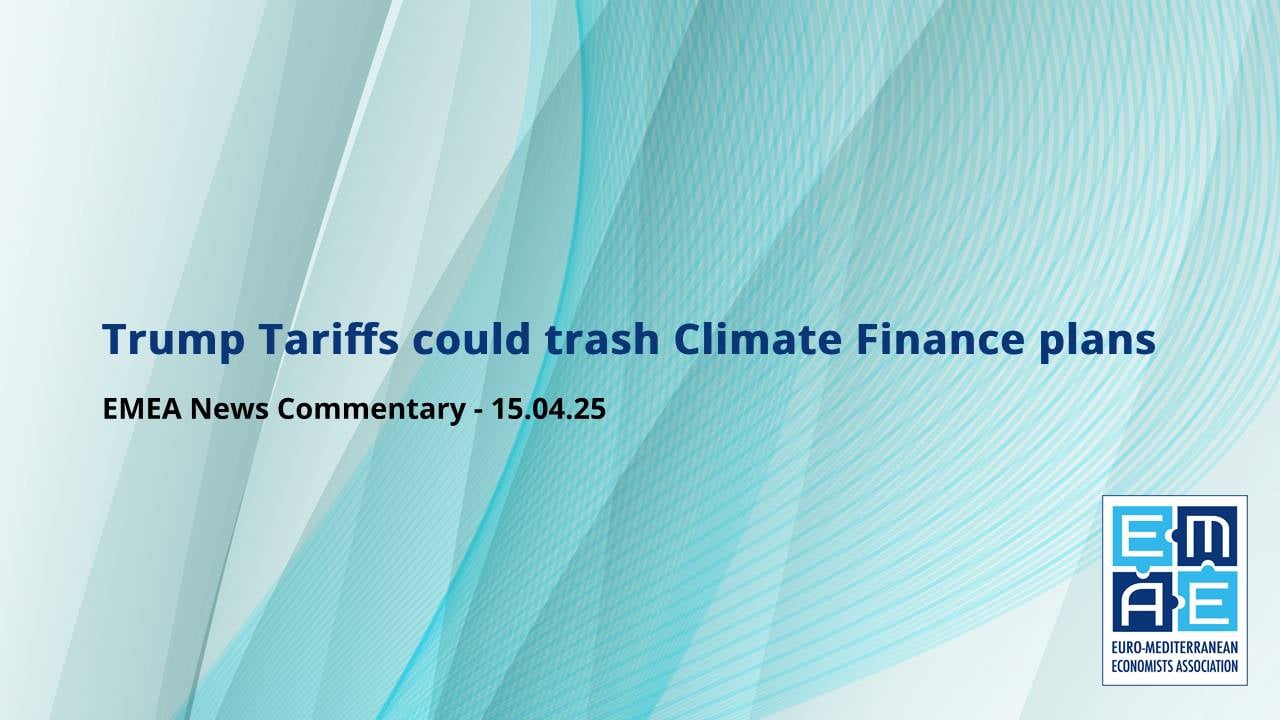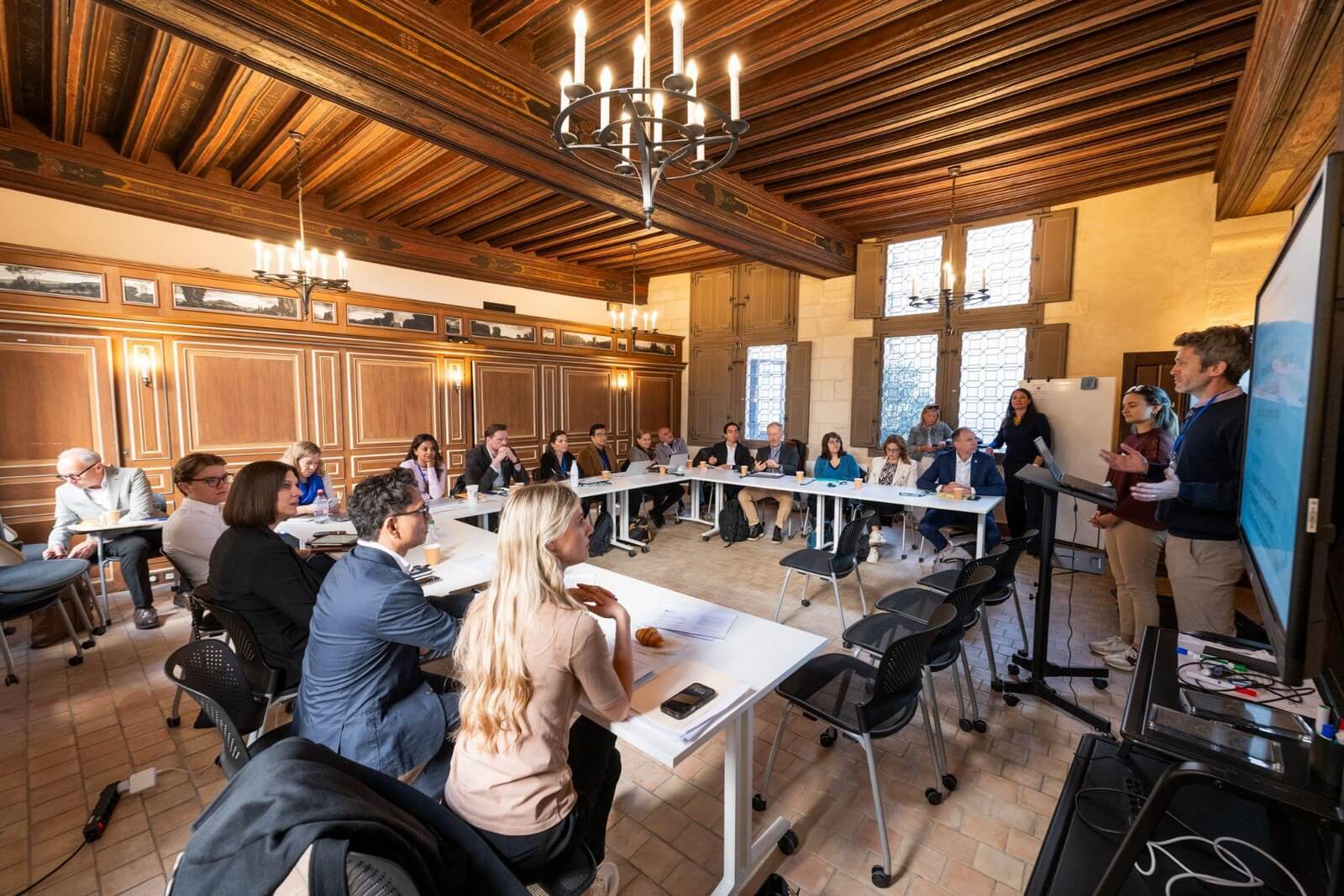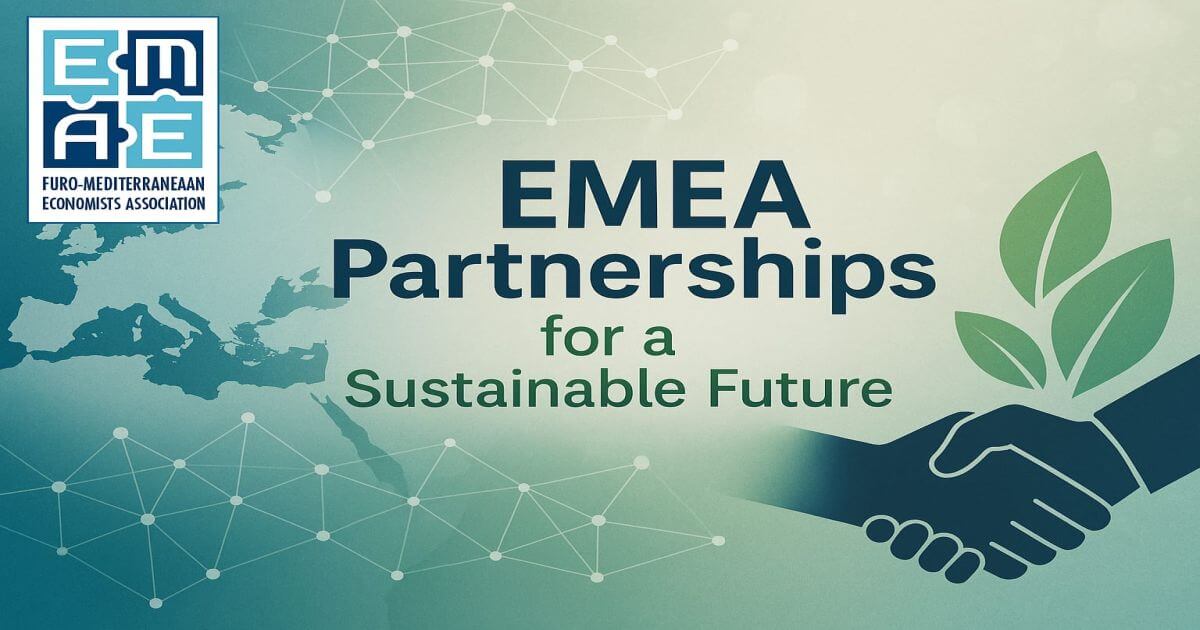The second session of the EMEA Research Seminars series took place on 07 May 2024 with the presentation of the paper entitled “The Origin of Financial Instability and Systemic Risk: Do Bank Business Models Matter?” by Prof Doriana Cucinelli, co-authored with Profs Rym Ayadi, Paola Bongini and Barbara Casu.
Using a large sample of European listed banks, the paper investigates the relationship between a bank’s business model and its exposure and contribution to systemic risk. The sample period (2005-2020) allows them to consider the instability of various origins: financial (the global financial crisis of 2007-09); economic (the sovereign debt crisis of 2010-12); political (the Brexit referendum and other political events of 2016); and a health crisis (the outbreak of the COVID-19 pandemic). Results show that a bank’s business model impacts both the level of exposure and contribution to systemic risk and this relationship varies when considering the origin of the crisis. Bank characteristics are also crucial: larger and systemically important banks, with a higher risk appetite and higher market-to-book value contribute more to systemic risk and are more exposed to it. Highly leveraged banks also contribute more to systemic risk. The results highlight the importance of the diversity of business models in the banking sector to foster financial stability.
After the presentation Prof. Giovanni Ferri discussed the paper and the seminar was concluded with a Q&A session from the participants.
EMEA Research Seminars aim to provide a dedicated space for its researchers to present their most recent research papers. By creating a forum where researchers become familiar with each other’s work, the seminars seek to enhance collaboration within the researchers in its network. Establishing connections between researchers from different disciplines can lead to innovative interdisciplinary projects and further enrich the intellectual fabric of EMEA.





